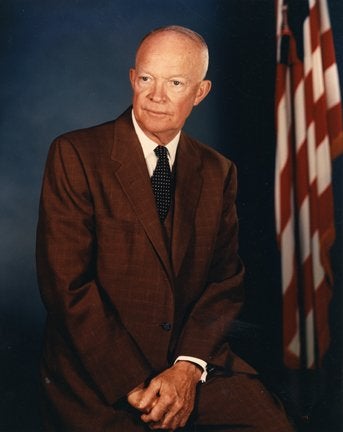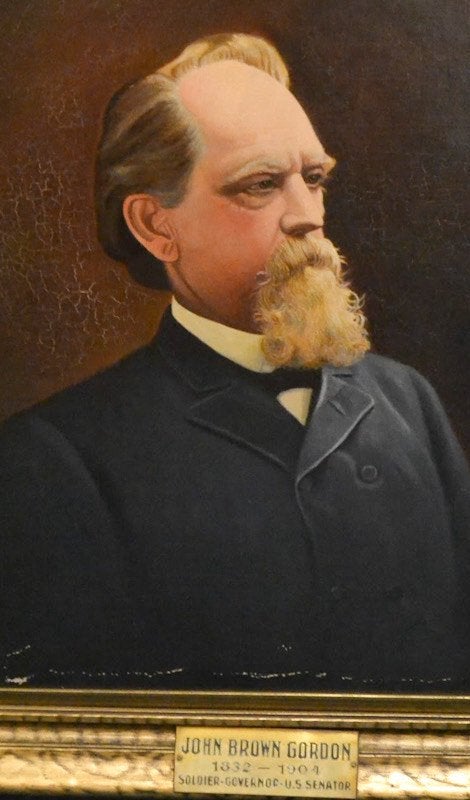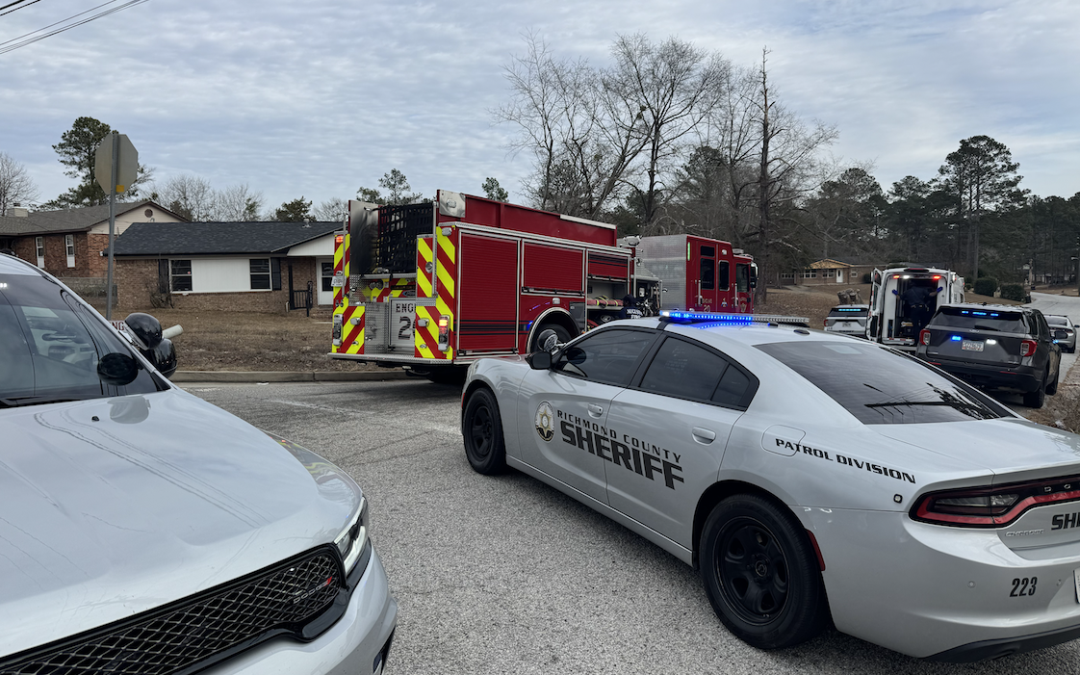The Naming Commission is recommending changing the name of Fort Gordon to Fort Eisenhower.
The commission released their recommendations Tuesday. Congress established the commission to change the names of nine military bases that were named after Confederate leaders from America’s Civil War. Fort Gordon in Augusta is named after John Brown Gordon, who died in 1904. He was a Confederate general, governor of Georgia, U.S. senator and grand wizard of Georgia’s chapter of the KKK.
“I absolutely think it is a great idea to rename this fort and do away with the name of Gordon,” said Retired Brig. Gen. Jeff Foley, of Evans, who commanded Fort Gordon from 2007 to 2010. “I am a big fan of that.”
The new name, if approved by the United States Congress and Secretary of Defense Lloyd Austin, will honor former President Dwight D. Eisenhower, who was the 34th president and the supreme commander of allied forces in Europe during World War II.
“He is an extraordinary five star general, leader of the free world and became president,” Foley said. “He is such an extraordinary leader both in uniform and out of uniform.”
The main hospital on Fort Gordon is already named after Eisenhower, who was also a member of the Augusta National Golf Club and spent time in Augusta.
“He really brought some enlightenment to the Augusta community,” Foley said.
The Naming Commission will deliver its official report to Congress October 1, said Retired Gen. Ty Seidule, the commission vice-chairman. From there, Congress will pass on the findings to Austin, who is authorized to change the names as he sees fit.

Seidule and another member of the commission, Lawrence Romo, said community input was the most important aspect of choosing the new names.
“They were really the top choices of those communities,” Romo said. “It’s not like we pulled the names against the communities. The communities will be pleased with the names we selected.”
If Congress and Austin approve, official name changes at Fort Gordon could begin sometime in January 2023, according to Anne Bowman, Fort Gordon spokeswoman.
“We appreciate the opportunity to provide direct involvement and feedback to the Commission as it conducted its analysis,” Bowman said in a press release. “As we continue to embrace “people first” as a top priority, we look forward to honoring the heroism, sacrifices and values of the Army’s men and women with these new installation names. We will work closely with the Department of Army once we have received the Commission’s final plan.”

The other name changes made by the commission:
Fort Benning, Ga. to Fort Moore in honor of Lt. Gen. Hal Moore and his wife Julia Moore. Julia Moore was appaled at how families were notified of the deaths of service members during Vietnam and pushed for more formal, solemn and respectful notifications.
Fort Bragg, N.C. to Fort Liberty. Fort Bragg is home to the 82nd Airborne Division and the paratroopers’ song includes the line “For we’re the soldiers of liberty.”
Fort A.P. Hill, Va. To Fort Walker in honor of Dr. Mary Walker, an abolitionist and surgeon who during the Civil War treated wounded Union soldiers and was captured by Confederate forces because she refused to abandon her patients.
Fort Hood, Texas to Fort Cavazos in honor of Gen. Richard Cavazos, who fought bravely in the Korean and Vietnam wars and was the first Mexican-American to become a one-star general. He retired as a four-star general.
Fort Lee, Va. To Fort Gregg-Adams, in honor of Lt. Gen. Arthur Gregg and Lt. Col. Charity Adams. Gregg is still alive and is 90 years old. He was a logistics officer, and Fort Lee is home to the Army’s Logistics Corps. Charity Adams Earley was the first African-American woman to become a commissioned officer in the United States Army. Her motto was “No mail, low morale.” The women she commanded in the 6888th Central Postal Directory were in charge of directing mail to American troops in Europe during World War II.
Fort Pickett, Va. to Fort Barfoot in honor of Tech. Sgt. Van T. Barfoot. He earned the Medal of Honor for his heroics in World War II where he took out three German machine gun nests and destroyed a German tank, then helped two wounded soldiers to safety.
Fort Polk, La. To Fort Johnson in honor of Sgt. William Henry Johnson. In World War I, he fought off numerous German soldiers in hand-to-hand combat, though he suffered 21 wounds. In 2015, then President Barack Obama awarded Johnson the Medal of Honor posthumously.
Fort Rucker, Ala. To Fort Novosel in honor of Chief Warrant Officer 4 Michael J. Novosel, Sr. Novosel gave up his commission as a lieutenant colonel so he could fly helicopters. In the Vietnam War he was credited with saving numerous American soldiers, including his own son, who was also a helicopter pilot.
Joshua B. Good is a staff reporter covering Columbia County and military/veterans’ issues for The Augusta Press. Reach him at joshua@theaugustapress.com










